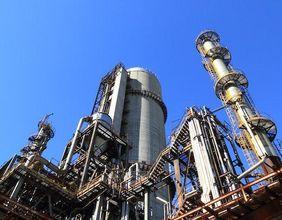Regulators in Western Australia are failing to ensure all mining projects comply with environmental controls, with many remote sites "out of sight and potentially out of mind", the state's auditor general has found.
In a report tabled in state parliament on Tuesday, Caroline Spencer said the Department of Mines, Industry Regulation and Safety and the Department of Water and Environmental Regulation were not fully effective in ensuring mining projects complied with conditions to limit environmental harm and financial risks to the state.
Ms Spencer said despite growth in the mining sector, the departments had reduced their scheduled monitoring activities, cutting inspection programs by 60 per cent over the past five years.
"Both entities also need to improve their responses to non-compliance, including more timely enforcement actions, to better deal with and deter future breaches," she said.
"Further, neither entity is doing enough to leverage and further encourage operators' desire to maintain their social licence."
The auditor general said while the Mining Rehabilitation Fund could assist the state to remedy issues in abandoned sites, past disasters showed good regulation was critically important to preventing damaging and expensive incidents.
"This is particularly true in an operating context where many sites are in remote areas and out of sight, and therefore potentially out of mind."
In one previous incident, lead pollution in the Port of Esperance in 2006 resulted in the death of thousands of birds after dust escaped undetected as lead carbonate was loaded onto ships in windy conditions.
Seven children also suffered lead poisoning as a result of the contamination.
Ms Spencer said like much of the public service, the regulators were managing high workloads, with ongoing staff attraction and retention pressures.
"This environment presents a heightened risk, particularly from operators who may seek to take advantage during periods of reduced oversight," she said.




